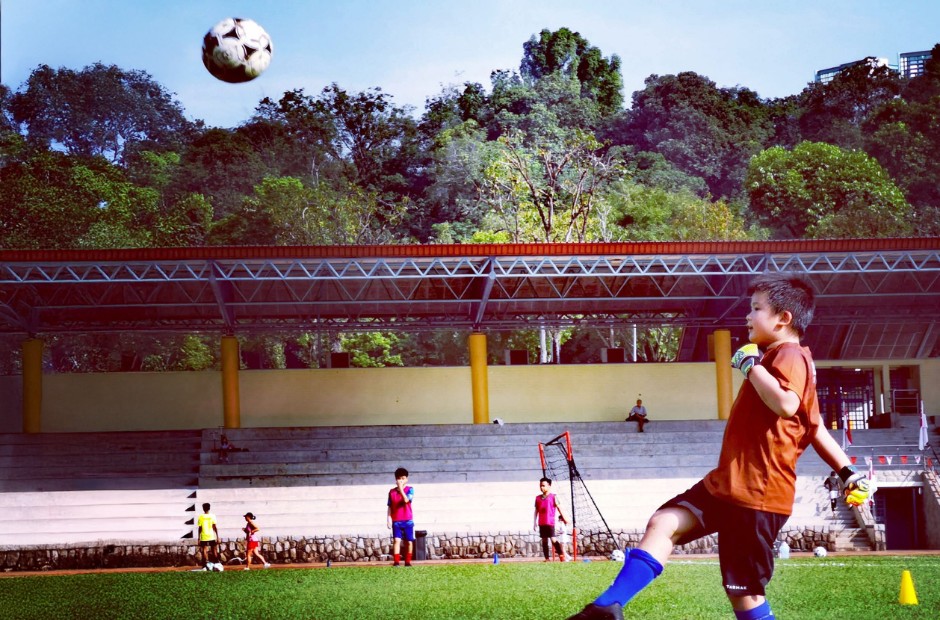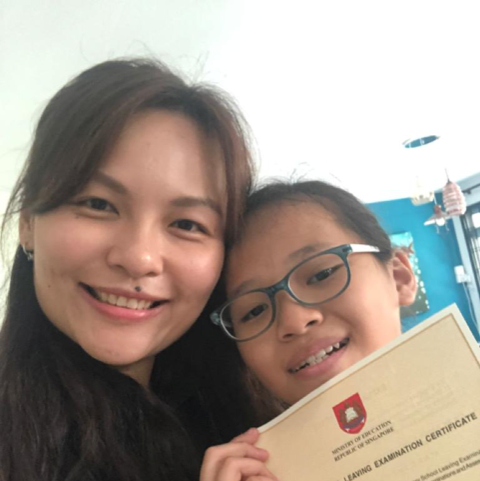I have been coaching my friend’s nine-year-old son John (not his real name) in English for the past two years. Recently, I designed a tutoring app that can help teach him in my absence.
All John has to do is to type in a word he wants to learn. The app helps him learn the meaning of the word and coaches him on how to use it in different scenarios. The app then asks him to create sentences with the word and corrects any grammar or spelling mistakes. It also suggests additional words to make his sentences more interesting.
No, I am not a software developer. In fact, I have very little coding knowledge.
But I made the app in just a few hours.
Welcome to the future of learning, where generative Artificial Intelligence (AI) allows us to teach and learn in completely new ways.
In this case, I was using the paid version of ChatGPT which rolled out a feature in October 2023 called “Create A GPT” that allows you to train your own chatbot.
This new feature has shaken the tech industry to its core.
You do not need to know any programming language like Python or Java. You just need to start a conversation with ChatGPT to define the features and desired outcomes of your chatbot app.
To refine your app or change its behaviour, you just need to type your instructions in plain English. For example, “Make it use simpler English when chatting with John”. (By the way, GPT stands for General Pre-trained Transformer, an AI program designed to understand and generate human-like text based on the information you feed it.)
John’s father watched in fascination as I put my “English Vocabulary Buddy” app through its paces with the young boy. His father, a serial entrepreneur who founded a tech start-up two decades ago, later asked me, “So, should John still go for coding classes?”
I replied, “Yes, I think it’s still good for John to go for an introductory coding class. He just might have a passion for it. Also, it is hard for AI to replace a good teacher who can help John based on his learning pace and aptitude.”
As children grow, I believe we, as parents, should expose them to a variety of activities and hobbies to help them discover their affinities and strengths. You don’t have to sign them up for expensive enrichment classes that can drain their time and energy. Instead, trying out casual activities or short introductory courses can be a great option.
Also, look for trainers or teachers who are passionate about their work and care for their students. This makes a huge difference in stimulating the child’s interest and desire to learn more.
But is the teaching of traditional coding doomed?
No, and I can share a personal example. I recently took up a course in ontology which requires some coding. I used ChatGPT to understand the coding concepts, but I found that I relied more on my lecturer and his assignments to truly grasp and apply the learnings. The code that ChatGPT created was also not perfect, and I had to figure out where it went wrong by trial and error. This convinced me that we still need great human coders to oversee the work of gen AI.
Now, for parents who are worried about their kids’ career prospects with the advent of AI, here’s my take:
1. AI makes the best talent even better
I know of several highly talented people in the media and creative fields who are now using AI to enhance the quality of their work while saving many hours.
This is a stark contrast to many freelance writers and artists who complain online that their income has dropped this past year because AI has taken over their jobs.
But there is intense competition in the freelance space and many freelancers end up under-charging to get jobs. This devalues their efforts and makes it difficult for them to earn a living.
If you are hearing a lot of negative things about generative AI, I encourage you to seek out those who have positive experiences with it to gain a fresh perspective.
Ian Tan
On the other hand, the talented creatives I know have no shortage of assignments and command high fees as they are the crème de la crème in their fields.
They don’t rest on their laurels either. They often invest heavily in technology to up their game and they are now tapping on AI to increase their productivity and quality of work.
If you are hearing a lot of negative things about generative AI, I encourage you to seek out those who have positive experiences with it to gain a fresh perspective.
Generative AI is giving talented people the tools they need to reach their full potential, while also displacing workers in jobs that can be automated.
This is why I recommend that parents need to give their children time to discover their interests and to develop them to their maximum potential. I advise students to find one hard skill (e.g. design, writing, cooking) that they are good in, then train to become great at it.
The future beckons to young people who can wield both their human skills and AI to create the best outcomes for society.
2. Resist the narrative that AI will do everything for humans
In the 2008 Pixar movie Wall-E, the future is filled with lazy humans who are served hand and foot by robot servants. In this animated science fiction film, all the humans do is lie down and watch endless digital entertainment on screens floating before their faces.
Some aspects of this dystopian future are already here, with many people hunched over their mobile phones at all times. However, we are inherently wired to be physically active and to do meaningful work. AI is taking over many repetitive types of work, so we humans now need to ask, “What new career paths will emerge as AI continues to disrupt the workforce?”
My hope is that this AI disruption will finally give due recognition to workers such as chefs, plumbers, electricians and mechanics.
I believe that AI will turn things around for them as their uniquely human skills become highly valued and these blue-collar jobs become popular career choices for many young people.
Other types of careers can be reframed into the rock-star jobs of the future, such as urban farming for sustainability efforts, caregivers in an ageing society, artists who remake our city landscape into objects of beauty. But parents need to believe this new mantra in order for it to happen.
In our consumerist society, many parents still tell their children to go for the highest-paying jobs. But experts are also warning that the higher your pay, the more you are exposed to being displaced by AI.
3. How to get to know AI better
After our long conversation about the impact of AI and the need for coding classes, John’s father said to me, “I think I will subscribe to ChatGPT Plus so John can start learning how to design his own programs.”
I said, “That’s great, but please remember to restrict his screen time.”
To other parents out there who are considering subscribing to ChatGPT Plus, you don’t need to pay for generative AI apps in order to start using them.
At the time of writing, you can use the free versions of ChatGPT 4o, Claude AI, Google Gemini or Meta AI. You should only pay for these apps if you need their advanced features, such as creating your own mini-app (available in ChatGPT and Claude) or need longer hours of access.
What is more important is that you and your child should both try them out as soon as possible.
I assure you that you will both rethink how one should acquire knowledge and make decisions on one’s career path.
And if you are game, why not design a chatbot to help you design your future?




.jpg)

